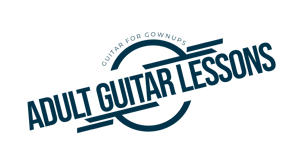
In Nashville, lyrics are “king”, but spending time focusing on what your song “says” will take your writing to a new level…

Having a hard time coming up with a new melody for your song. Here are some things you can do to try and keep a fresh sound in your music…

In music, there are no rules. But many hit songs follow formulas in their structure that have proven to be successful over and over…

The chorus is what gets the listener’s attention. A strong chorus is essential to a great song. Here are some ideas that may help your chorus “soar”…

The inner story of your song takes place in the verses. Tips for developing your storyline, characters and scenes…

Adding a bridge to your song is a great way to “break up the monotony” for the listener and set up the end of your song with a big bang!

Find out what a lift is and why it might be the perfect trick to add to your song. If your transition from verse to chorus is a little dull, check this out…

Songwriters are constantly in an endless pursuit of the next great hook. Here are some things you can do to turn on your “radar” for your next song.
Continue learning the “how to” basics of playing guitar.


